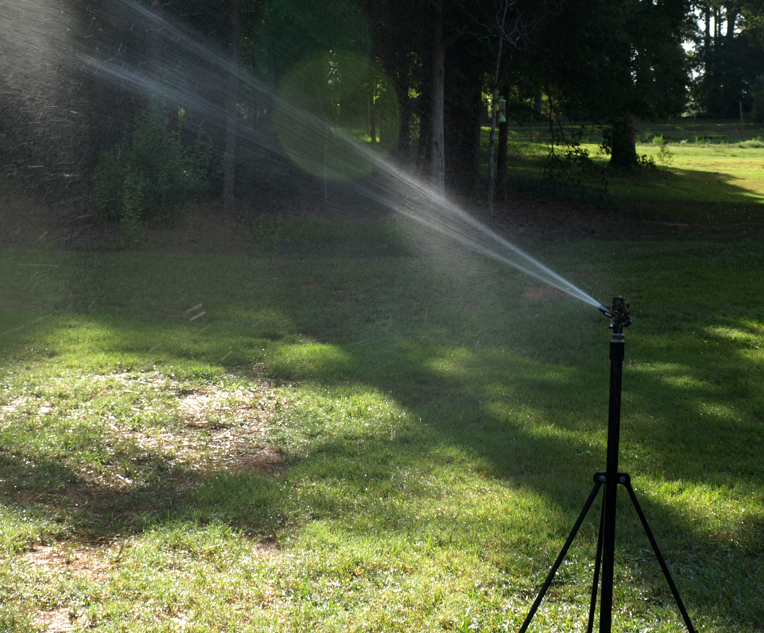Hi All. I searched and couldn't find this topic but if I've missed it, feel free to mock me and point me the right way.
I've got around 20,000sf of grass. The builder installed MP Rotators throughout, and each blade of grass (for the most part) is covered by two heads. I've got 15 MP-rotator zones. I'm in North Texas, where summers get HOT.
Google tells me that watering at night will surely kill my grass by disease, and watering in the daytime is a waste of effort due to evaporation.
We are restricted in the summer to twice-a-week watering. The presents me with a math problem. To get 1" of water down per week, each zone needs to run for a total of 75 minutes, or 38 minutes per watering-day. Fifteen zones times 38 minutes each is 570 minutes, or nine and a half hours.
This leads to my two questions:
Is watering at night in this scenario bad? Texas summers are so hot that I'm skeptical that it'll introduce stagnant water diseases, but I recognize that I'm underqualified to make that call in real-life.
Would I be better off with a different layout that covered the grass with less zones?
And one last semi-related question... Sometimes the MP rotators stop spinning, and nothing other than replacement brings them back to life. The streams are strong, and if I reduce the angle, they'll spin (and replacements work fine), so I don't think it's a water pressure issue. Is this just the cost of rolling with these nozzles?
Thanks,
Ken
I've got around 20,000sf of grass. The builder installed MP Rotators throughout, and each blade of grass (for the most part) is covered by two heads. I've got 15 MP-rotator zones. I'm in North Texas, where summers get HOT.
Google tells me that watering at night will surely kill my grass by disease, and watering in the daytime is a waste of effort due to evaporation.
We are restricted in the summer to twice-a-week watering. The presents me with a math problem. To get 1" of water down per week, each zone needs to run for a total of 75 minutes, or 38 minutes per watering-day. Fifteen zones times 38 minutes each is 570 minutes, or nine and a half hours.
This leads to my two questions:
Is watering at night in this scenario bad? Texas summers are so hot that I'm skeptical that it'll introduce stagnant water diseases, but I recognize that I'm underqualified to make that call in real-life.
Would I be better off with a different layout that covered the grass with less zones?
And one last semi-related question... Sometimes the MP rotators stop spinning, and nothing other than replacement brings them back to life. The streams are strong, and if I reduce the angle, they'll spin (and replacements work fine), so I don't think it's a water pressure issue. Is this just the cost of rolling with these nozzles?
Thanks,
Ken






